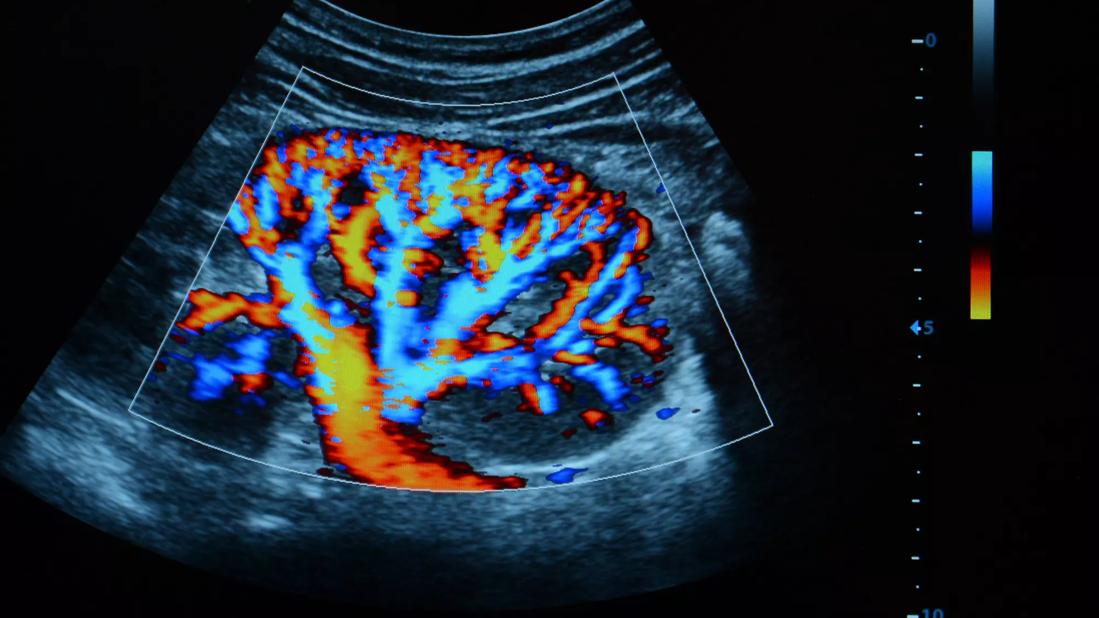Research program seeks new diagnostic and treatment options for kidney and urologic disease.

The research program at the Glickman Urological & Kidney Institute (GUKI) continues to attract funding for research initiatives aimed at discovering new diagnostic and treatment options for kidney disease.
Advertisement
Cleveland Clinic is a non-profit academic medical center. Advertising on our site helps support our mission. We do not endorse non-Cleveland Clinic products or services. Policy
“We currently have 29 studies that are enrolling patients and 10.8 million dollars in combined funding for urology research from the National Institutes of Health, the National Kidney Foundation and corporate pharmaceutical sources,” says Daniel Shoskes, MD, Urologist at GUKI.
“Our research program in urology and nephrology is very active and spans from basic science, to translational science, to clinical trials,” he continues. “Focus areas include research in bladder and prostate cancer, the impact of the microbiome on renal stone formation, the development of new, ambulatory techniques for urodynamics, as well as potential new treatments for kidney transplant rejection.”
Dr. Shoskes further adds that the newly founded Center for Genitourinary Malignancies Research, headed by Dr. Nima Sharifi, aims to advance the research of urologic cancers through cross-institutional partnership.
These research initiatives are expected to advance both the diagnostics and treatment of kidney and urologic cancers.
“We are actively developing a new diagnostic blood test for prostate cancer called IsoPSA™, which correlates unique structural changes in prostate specific antigen (PSA) protein with the presence or absence of cancer,” Dr. Shoskes explains. In addition to improving diagnostic precision, IsoPSA™ has also been shown to differentiate patients at risk for high-grade disease.
Current research focus in urology extends to men with prostatitis and problems with premature ejaculation.
“One project is looking at the effect of molecular testing for non-culture detectable bacteria using next-generation sequencing in men with chronic prostatitis/chronic pelvic pain syndrome, and another is testing the effects of low-intensity shock wave therapy for the treatment of erectile dysfunction and premature ejaculation,” says Dr. Shoskes.
Advertisement
On the nephrology side, Cleveland Clinic is one of a select number of U.S. institutions involved in the National Institute of Diabetes and Digestive and Kidney Diseases (NIDDK) Kidney Precision Medicine Project (KPMP).
“The main goal of the KPMP is to do deep molecular phenotypes of kidney biopsy tissue from patients with CKD and integrate this information with clinical data with the hope of finding new strategies for the management and treatment of kidney disease,” says John Sedor, MD, one of three Cleveland Clinic physicians involved in the project. “At Cleveland Clinic we’re focusing on patients with chronic kidney disease due to diabetes and hypertension.”
Together with Dr. Sedor, Drs. Emilio Poggio and John O’Toole lead the Cleveland Clinic arm of the KPMP which started in the fall of 2018 and is expected to last at least 10 years.
The APOL1 gene and its association with chronic and progressive kidney disease in African-Americans remains another active area of interest. Dr. Emilio Poggio and his colleagues are examining the impact of APOL1 variants present in organs from living and kidney donors on kidney transplant recipient outcomes. This work complements the ongoing basic investigations in the Lerner Research Institute to identify the mechanisms by which APOL1 causes progressive kidney diseases in the laboratories of Drs. Sedor, O’Toole and Leslie Bruggeman, PhD, another faculty member working in this area.
Advertisement
Advertisement

Pediatric urologists lead quality improvement initiative, author systemwide guideline

Fixed-dose single-pill combinations and future therapies

Reproductive urologists publish a contemporary review to guide practice

Two recent cases show favorable pain and cosmesis outcomes

Meta-analysis assesses outcomes in adolescent age vs. mid-adulthood

Proteinuria reduction remains the most important treatment target.

IgA nephropathy is a relatively common autoimmune glomerular disease that can be diagnosed only by biopsy

Oncologic and functional outcomes are promising, but selection is key